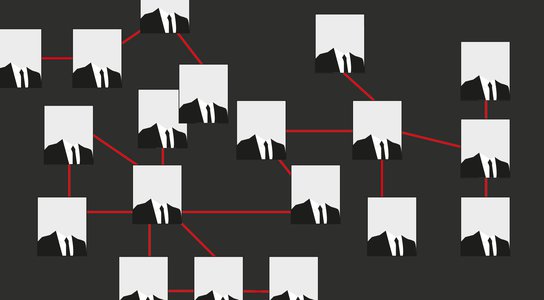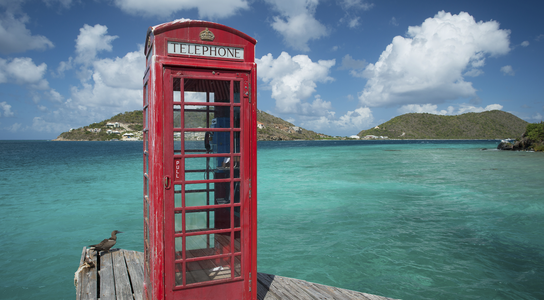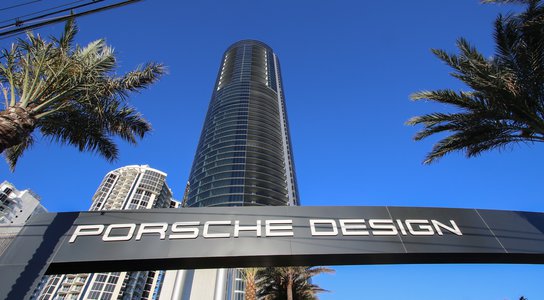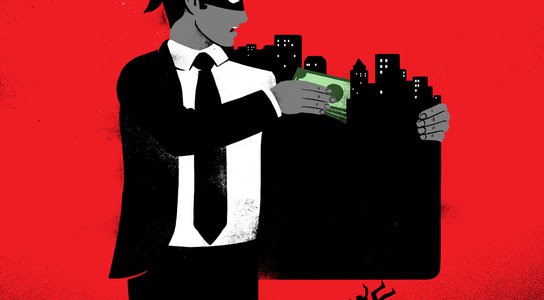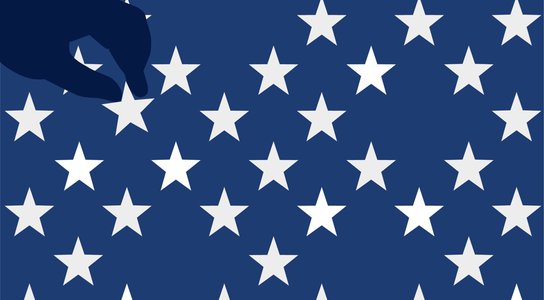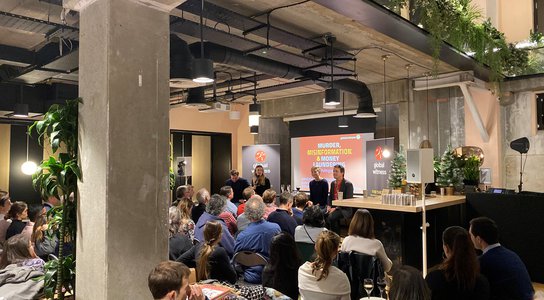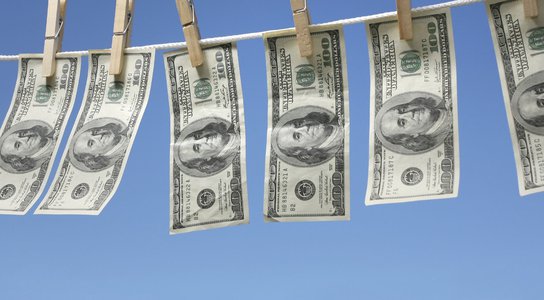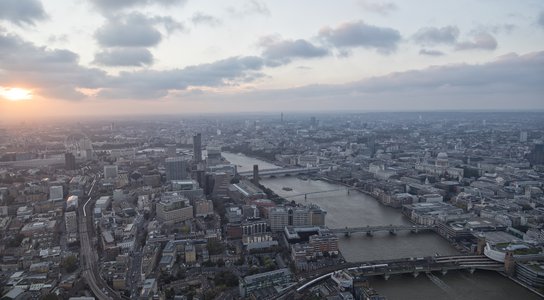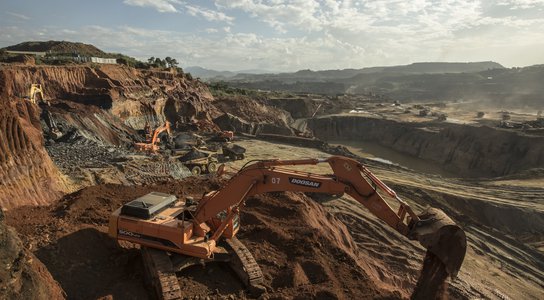A campaign victory a decade in the making, the United States clamps down on these getaway cars for the world’s criminal and corrupt.
Back in 2014, Global Witness co-founder Charmian Gooch called for launching a new era of openness in business while receiving the TED Prize for challenging global corruption: “My wish is for us to know who owns and controls companies so they can no longer be used anonymously against the public good.”
Now, in one of its final acts of the year, Congress has passed a historic anti-corruption provision that has been over a decade in the making. The measure, included in the National Defense Authorization Act (NDAA), will reverberate around the world by cutting off a key avenue for the corrupt and criminals to launder money into the US.
Here’s how we got here.
For over 10 years, Global Witness investigations and campaigns have shown how anonymously-owned companies act as getaway cars for the criminal and corrupt all over the world.
The United States is one of the easiest places in the world to set up an anonymously-owned company. In many states, you need to provide less identification to set up a company than you do to get a library card.
Over the years, Global Witness has shown how terrorists, narco-traffickers, and corrupt officials have exploited this major vulnerability in US anti-money laundering efforts. We went undercover in New York to produce a bombshell exposé on how readily lawyers suggested that suspect money could be diverted through US anonymous shell companies to avoid detection from authorities.
Secret company owners have put troops at risk and harmed American taxpayers, and served as getaway cars for the criminal and corrupt all over the world. Last year, we revealed how the Congolese Presidential family used tainted money to buy a Trump apartment in New York City, showing the need for strong beneficial ownership legislation.
In 2020, while millions of Americans struggle to stay afloat as the devastation of the COVID-19 pandemic exacerbates a shortage of affordable housing, we showed how real estate bought and sold via anonymous companies remains a key vehicle for criminals looking to stash cash, launder money, and buy up homes in a tight market.
As pressure has mounted from Global Witness and other civil society organizations, journalists, and policymakers, we have seen real change take place over the years. In 2016, the UK introduced a register to reveal who really owns UK-based companies. In 2020, the British Virgin Islands pledged company ownership transparency, the last of the UK’s Overseas Territories with significant financial centers and Crown Dependencies to commit to creating public registers of the beneficial owners of companies.
Meanwhile in the United States, Congressional champions continued to pound the table, demanding substantive policy change while a diverse array of voices joined the call to end anonymous companies. Led by the FACT Coalition, national security groups, human rights organizations, law enforcement, the real estate sector, labor unions, financial services, and the business community came together in agreement that it was time for Congress to act.
In recent years, key milestones advanced the issue, including the introduction of the ILLICIT CASH Act into the Senate Banking Committee by a bipartisan group of Senators in September 2019, and the passage of the bipartisan Corporate Transparency Act in the House of Representatives in October 2019.
In the final weeks of 2020 after a year marked by partisan gridlock, the NDAA – which includes our key demands on corporate transparency – passed by veto-proof majority in both Chambers of Congress. The bill moves on to the President’s desk as a must-pass piece of legislation.
Congress has cut off a key avenue for the corrupt and criminals to launder money into the US and the message is clear: The era of anonymous companies in the US is coming to an end.


